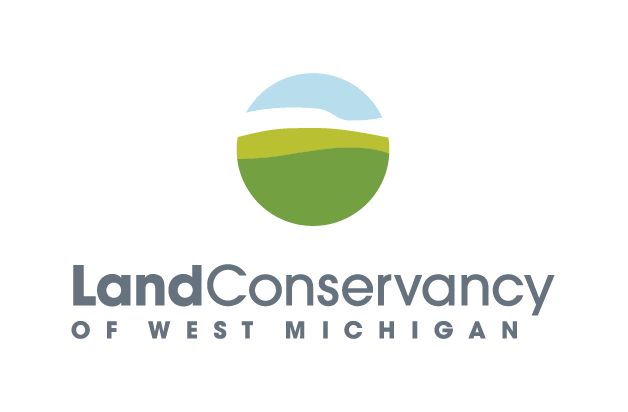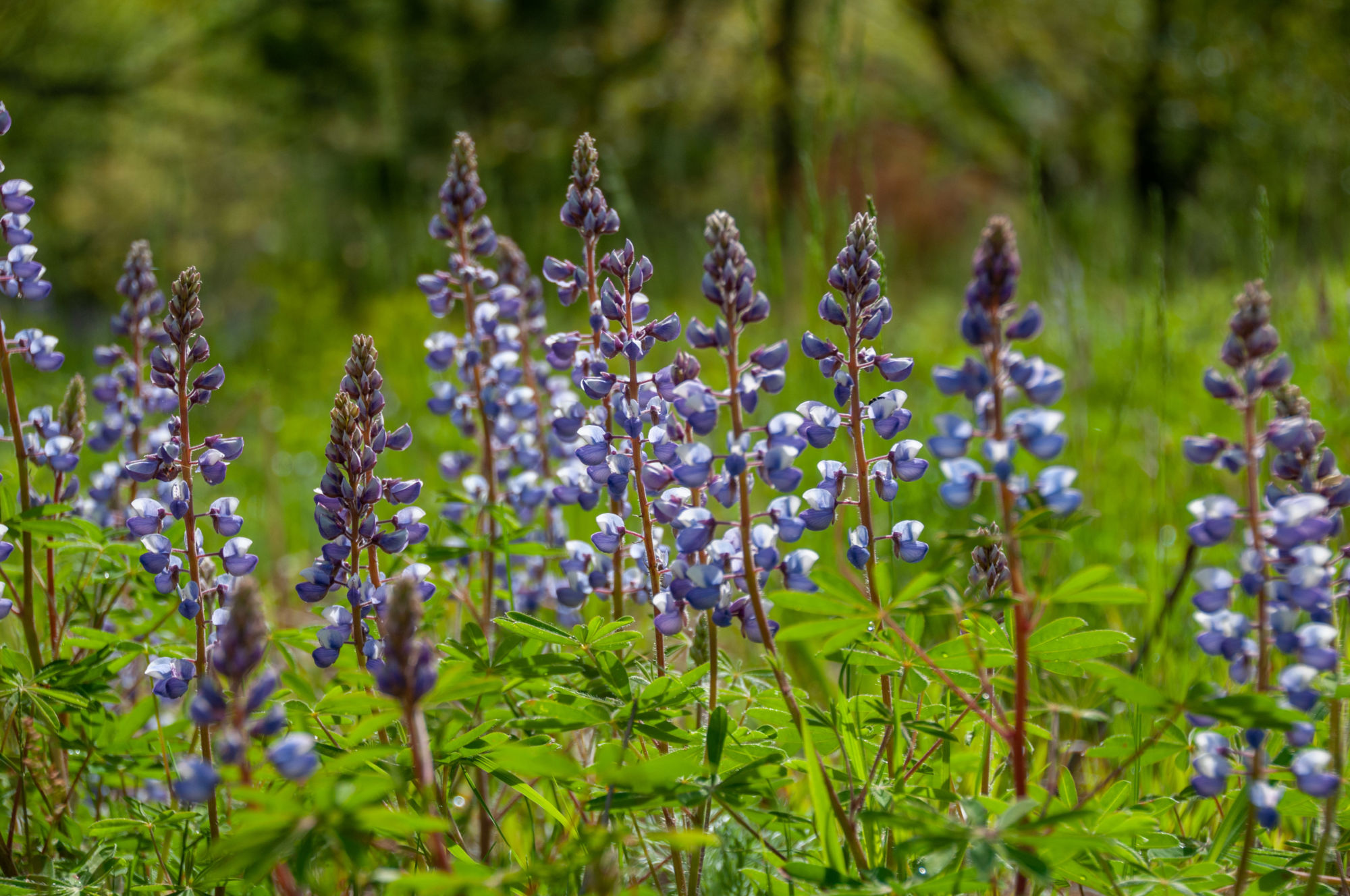From Forest to Faucet
For those of us who live in more urban or suburban settings, getting a nature fix can feel difficult. We might feel like we must drive to a distant preserve to feel a connection with the natural world.
But the truth is that nature is never that far away. You need only turn on the faucet.
We’ll admit, looking at a running faucet hardly inspires thoughts of the great outdoors. If you squint, you can maybe conjure a memory of a waterfall.
 But the water that cascades out of your faucet in that neat, cylindrical stream is the same water that fell from the sky onto the forest floor of that distant preserve you visit to get your nature fix. It was soaked up by wetlands and soil which, with the help of the roots of trees and plants, filtered out nutrients and pollution as it made its way to the creeks and rivers that carried it to the water treatment plant where it was made safe for drinking. When you fill a cup at your faucet, you become another link in that long chain connecting you all the way back to the forest.
But the water that cascades out of your faucet in that neat, cylindrical stream is the same water that fell from the sky onto the forest floor of that distant preserve you visit to get your nature fix. It was soaked up by wetlands and soil which, with the help of the roots of trees and plants, filtered out nutrients and pollution as it made its way to the creeks and rivers that carried it to the water treatment plant where it was made safe for drinking. When you fill a cup at your faucet, you become another link in that long chain connecting you all the way back to the forest.
It’s nice to know that even in our modern, developed world, nature still makes its way into our homes to nourish us. It’s also a reminder of the importance of protecting the forests, wetlands, and waterways that filter and carry water to us. When forests are managed poorly or lost, wildlife and birds are not the only ones who suffer the consequences. Human quality of life declines as well.
Luckily, the Land Conservancy of West Michigan works with landowners, community partners, and volunteers to protect forest health: preventing the spread of invasive plants and pests, applying restorative treatments like prescribed fire, and planting native trees, grasses, and wildflowers. Together, we work year-round to ensure the natural areas we’ve worked together to protect continue to support good water quality for us and for all the living creatures who depend upon it.
We are proud to be working with the Michigan Department of Natural Resources to continue this work as part of their Forest to Mi Faucet program. Learn more at michigan.gov/foresttomifaucet.
Did you know the majority of Michigan’s forests are on private land? The Land Conservancy of West Michigan works with over 100 private landowners to protect West Michigan’s forests with conservation easements. Interested in learning more about protecting your land? Visit naturenearby.org/conservation-easements.




